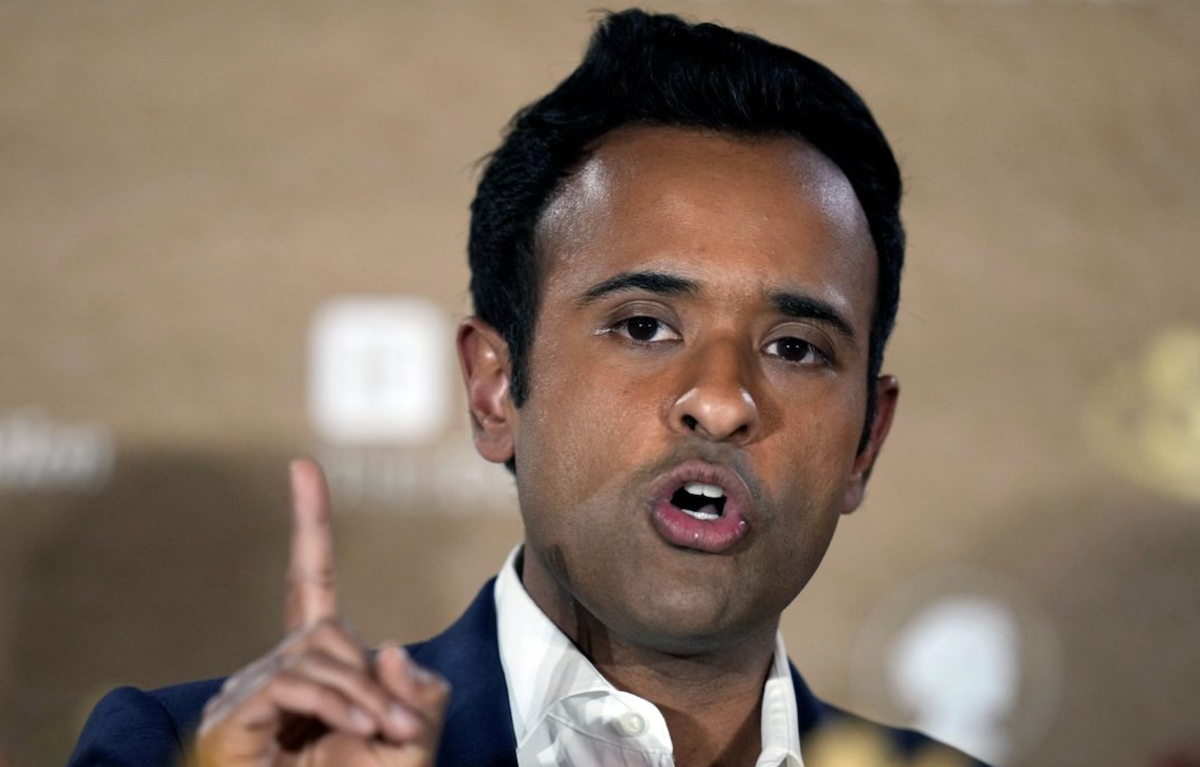French-Born But Still an Unwanted Immigrant

Courtesy New America Media, Russell Morse
Editor’s Note: The unrest among French youth raises obvious parallels about xenophobia with the anti-immigrant fervor being whipped up in the United States. But there is one big difference, says Russell Morse who covered the French riots as a reporter. Americans, even hardened Minutemen, still hold onto a romantic notion of the United States as a country built by immigrants.
I realized I needed to go back to France while having lunch with my mother on her birthday.
I brought up the situation in France, which sparked a conversation about immigration here in the United States. I mentioned some of my observations from my coverage of the uprising there in 2005 and she made the obvious (if clumsy) parallel to the oddball xenophobic immigration debate raging this election cycle. I expressed to her that I’m not terribly concerned about the crisis here (if it can be called that) because of America’s tendency to eventually embrace the “scourge†of each immigration wave.
She told me the story of her Mexican grandfather’s Odyssean trek through the desert and eventually to a factory in Racine, Wis., where he worked three jobs and stole sleep when he could.
Through a fruit stand and some scrap metal hustling, he sent five kids to college. (At this point, I was trying to decide between a Niçoise or Waldorf salad. Sickly ironic, maybe. Comforting, yes.)
The Arab kids I met in the suburban ghettos of France two years ago have no such finish line to dream of. In 2005 they told me stories of their grandparents immigrating to France, but that’s where the hope ended.
The French government brought people from North Africa and the Middle East to rebuild the country after World War II. When the work was done, however, there was no romantic American mythology of the immigrant for them to pin their dreams on.
The kids I met were unemployed, but not for a lack of effort. They know that they have no chance of getting an interview because the name on their application is not French. All of them consider themselves French. They have no connection to their grandparent’s home country because they’ve never been there and they don’t speak the language. The only job they can get is working security, policing their brothers and sisters in the ghettos.
All of this is not to negate the crisis in the United States. In the Canal neighborhood of San Rafael, where the Latino gardeners and janitors of Marin County live, ICE came and stole people in the night. Children became parentless, women lost their husbands, churches lost their congregations. It is a sick and tragic phenomenon taking place all over the country. But I would venture to say that it is very different from being pushed into a corner and forgotten, unwanted for generations.
My mother reminded me that as bad as it may get here, as it did for the Italians, Irish and Jews before them, America puts the idea of our immigrants on a pedestal. It’s sweet, noble and romantic in our eyes to float here on a raft or crawl through the desert to escape persecution and poverty in the search of something greater. This is true even for the fiercely anti-immigrant Minutemen I’ve interviewed. They love a hardworking legal immigrant.
The main group of Americans this romance does not apply to is the only group here who I would say are comparable to the Africans and Arabs of France: black Americans.
The timelines are scrunched and the details fudged, but both countries ended up with a population of people they felt embarrassed about and wished would disappear.
I make this fast and loose comparison because I heard it first from the French youth themselves. As an American journalist trying to find a cultural connection with these kids, the one thing I shared with every young person I talked to there was an appreciation for and admiration of rap music and more specifically, Tupac Shakur.
Tupac is an icon of struggle for them, a “rose that grew from concrete,†as they call him. Most of the young people I met were rappers themselves and told the story of their struggle and persecution to me through their rhymes. One of them was named Dopey and he rapped to me:
Born on this soil I’ve got French citizenship
But on French land they consider me an immigrant
And in my ancestor’s land, I’m just a tourist
I was telling a friend of mine about the situation in France with the uprisings, and he just smiled in admiration. His father is black and his mom is first-generation Filipino and he understood their struggle. He held his pit bull puppy on its leash, lit his weed up and laughed. “They’re shooting at the police in the street? Shit, they’re ahead of us. That’s what we need to do out here.â€
I hate to contradict my militant-minded friend, but we don’t have to shoot the police here. Oddly enough, democracy still works in America and public assembly can send a powerful message.
Last spring, I was in Los Angeles to cover the Mayday immigrant rights marches and gawk at the spectacle of a million people draped in American flags. They announced their presence, asked for inclusion and respect and went home. Not a single immigrant went to work in L.A. that day and the economy grinded to a halt. The message was clear.
So I bought four hot dogs wrapped in bacon from a street vendor, thought about my great grandfather and realized that there’s a bit of a fight left, but we’ll be okay.
I don’t think any Arab kid in France right now can say that.
10-1













2007
974 views
views
0
comments